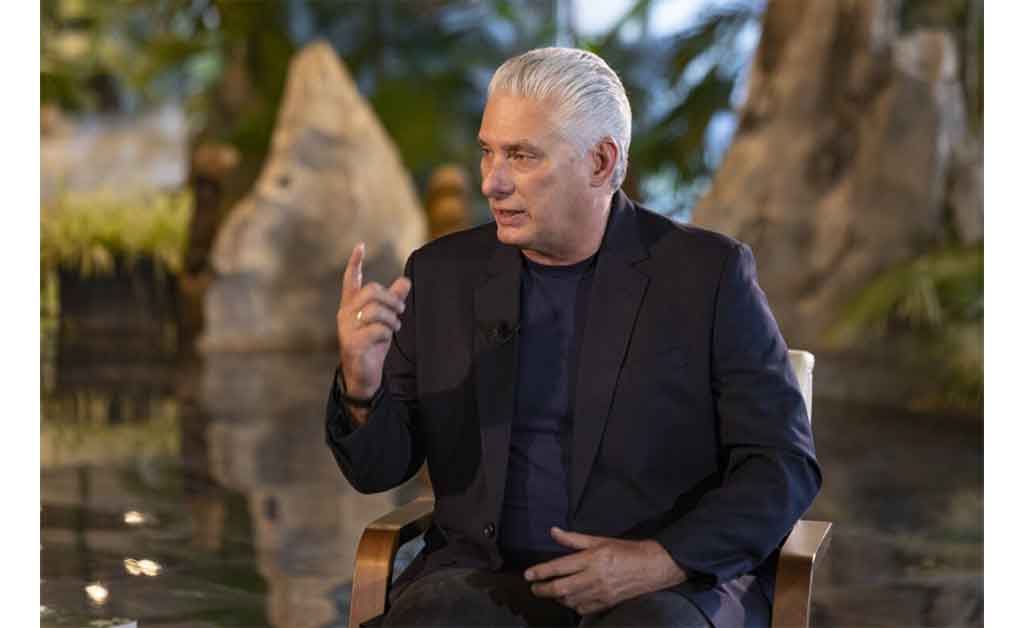In an interview with French-Spanish journalist Ignacio Ramonet, published in Granma newspaper, the Cuban head of State noted that this offensive is a component of the aggressive policy of maximum pressure towards Cuba, together with the intention of economic asphyxiation by tightening the economic, commercial and financial blockade.
He recalled that the Memorandum of (Lester D.) Mallory (written on April 6, 1960) is the reference to that policy aimed at causing hardships, shortages in the population, with the declared purpose of inducing a social explosion and subverting the process of transformations initiated in Cuba in 1959.
He noted that the intensification of the US blockade, together with its cumulative effects, have caused prolonged blackouts, transportation problems, shortages, difficulties in guaranteeing the basic food basket, and the supply of food and medicines, among other problems that affect the population.
In that context, there have been protests in some places and with a certain participation, the largest mass events took place on July 11, although the media presented it as much larger, as part of that other component of this aggressive policy towards Cuba.
He explained that there is an unconventional warfare script that proposes: “first, a social outbreak, claims or protests; second, the mounting of police repression; third, the mounting of political prisoners, that is, repression with political prisoners in quotation marks; then to demonstrate that because of these things show that there is a failed State, and the supposed humanitarian aid and regime change.”
Díaz-Canel added that nevertheless, those demonstrations, guaranteed by the Constitution, took place mostly in a situation of peaceful demands for explanations, and were attended to by the leaders of the Communist Party of Cuba, of the Government and local administrations, without police repression, unlike what happens in other countries, including the United States.
The president pointed out that small groups behaved in a violent manner, which the media used to try to distort reality, as part of the media intoxication promoted by the US against Cuba.
The Cuban leader described as perverse the fact that the main power in the world, in order to attack a country, resorts to a brutal blockade for so many years and that it has to resort to lies to overthrow the Revolution.
He added that the only possible explanation for such practices is the example that Cuba represents for Latin America, the Caribbean and the world.
During the interview, Díaz-Canel expressed his confidence in the Cuban people’s heroism and their capacity to resist US aggression creatively.
jg/arm/ro/ev









